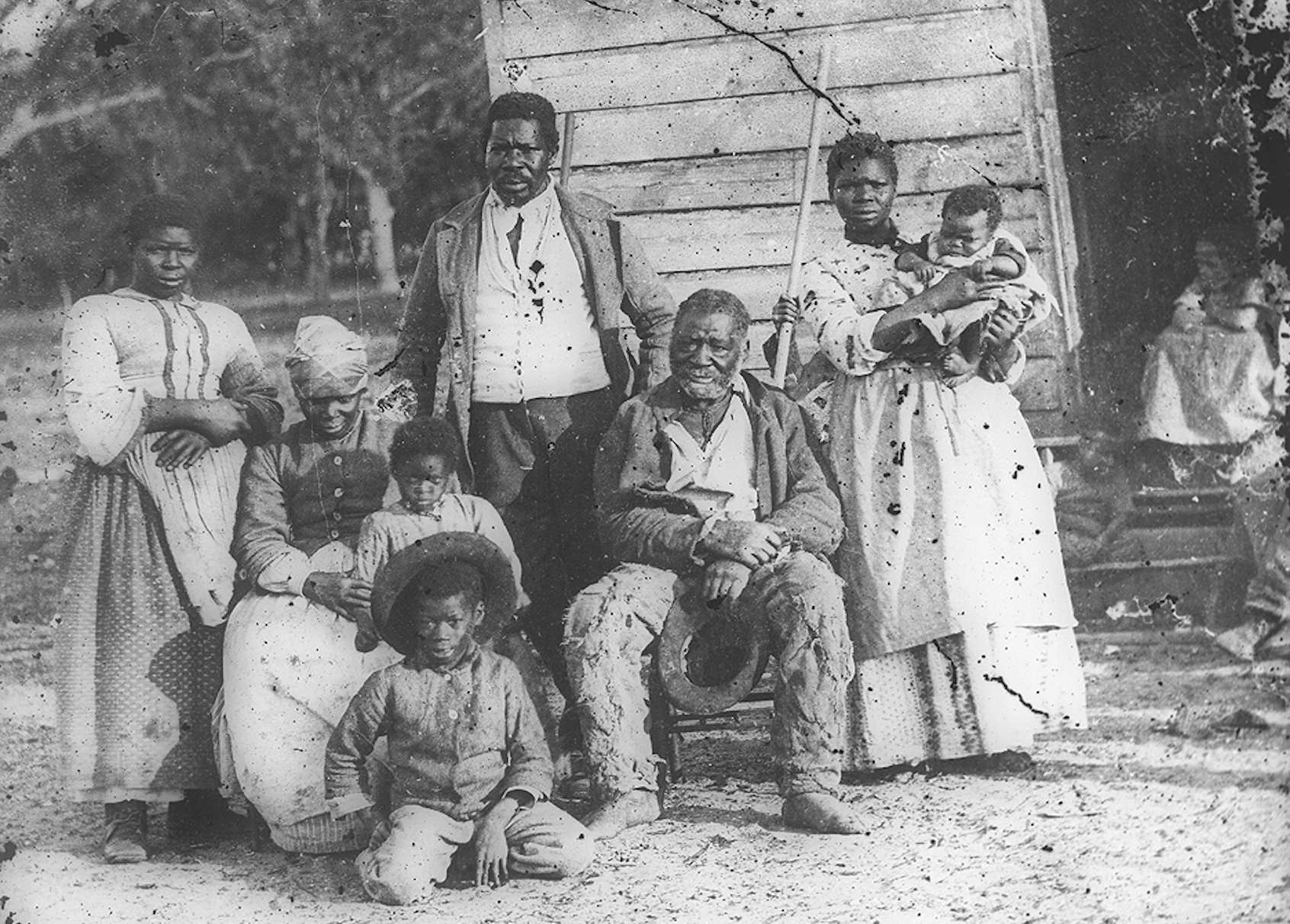Shadows Of Slavery Forgotten Plantations

Have you ever wondered about the forgotten plantations that once dotted the American South? These places hold stories of hardship, resilience, and history. Many of these plantations have been lost to time, but some still stand as reminders of a past that shaped our present. Visiting these sites can be a powerful experience, offering a glimpse into the lives of those who lived and worked there. Whether you're a history buff or just curious, exploring these locations can provide a deeper understanding of America's complex past. Let's take a journey through some of the most intriguing forgotten plantations and uncover their hidden stories.
Shadows of Slavery Forgotten Plantations
Exploring the shadows of slavery through forgotten plantations offers a glimpse into a dark chapter of history. These places, often overlooked, hold stories of resilience, pain, and survival. Let's take a journey through some of these haunting sites.
1. Whitney Plantation, Louisiana
Whitney Plantation stands as a solemn reminder of the lives enslaved people led. This site focuses on the experiences of those who lived and worked there, offering a unique perspective.
- Memorials and Statues: Statues of children and memorial walls honor the enslaved.
- Museum Exhibits: Artifacts and narratives provide a deeper understanding of daily life.
2. Magnolia Plantation, South Carolina
Magnolia Plantation, known for its beautiful gardens, also has a darker history. This plantation offers a look into the lives of the enslaved through preserved cabins and historical records.
- Slave Cabins: Original cabins show living conditions.
- Historical Tours: Guided tours share stories of the enslaved community.
3. Boone Hall Plantation, South Carolina
Boone Hall Plantation is one of America's oldest working plantations. It provides insight into the agricultural practices and the harsh realities faced by enslaved workers.
- Slave Street: A row of nine original slave cabins.
- Interactive Exhibits: Displays and presentations on slavery's impact.
4. Oak Alley Plantation, Louisiana
Oak Alley Plantation, with its iconic tree-lined path, also tells the story of those who were forced to work there. The plantation offers a balanced view of its history.
- Slave Quarters: Restored quarters offer a glimpse into the past.
- Educational Programs: Programs focus on the lives of the enslaved.
5. McLeod Plantation, South Carolina
McLeod Plantation Historic Site is dedicated to telling the full story of the people who lived and worked there, from slavery through the Civil War and beyond.
- Gullah Culture: Learn about the Gullah culture and its roots.
- Preserved Buildings: Original structures provide historical context.
6. Belle Meade Plantation, Tennessee
Belle Meade Plantation, known for its thoroughbred horses, also has a history of slavery. The plantation offers tours that highlight the contributions and struggles of the enslaved.
- Enslaved Workers' Quarters: Insight into daily life.
- Historical Narratives: Stories of the people who lived there.
7. Hermitage Plantation, Tennessee
The Hermitage, home of President Andrew Jackson, also relied on enslaved labor. The site provides a comprehensive look at the lives of the enslaved people who worked there.
- Field Quarters: Explore the living conditions.
- Personal Stories: Learn about individual enslaved people.
8. Kingsley Plantation, Florida
Kingsley Plantation offers a unique perspective on slavery in Florida. The site includes well-preserved structures and detailed historical records.
- Tabby Ruins: Remnants of slave quarters made from tabby.
- Interpretive Programs: Programs that delve into the plantation's history.
9. Monticello, Virginia
Monticello, the home of Thomas Jefferson, also tells the story of the hundreds of enslaved people who lived and worked there. The plantation offers a nuanced view of its history.
- Mulberry Row: The industrial hub where enslaved people worked.
- Guided Tours: Tours focusing on the lives of the enslaved.
10. Mount Vernon, Virginia
Mount Vernon, George Washington's estate, also has a history of slavery. The site provides an in-depth look at the lives of the enslaved community.
- Slave Memorial: A tribute to the enslaved people.
- Educational Exhibits: Exhibits on slavery at Mount Vernon.
Remembering the Past
Plantations hold stories of hardship and resilience. Visiting these sites offers a chance to reflect on history and honor those who suffered. Walking through these grounds, you can almost hear the whispers of the past, feel the weight of history. It's a sobering experience, but an important one. These places remind us of the cruelty of slavery and the strength of those who endured it. They also serve as a call to action, urging us to fight against injustice in all its forms. By learning about this dark chapter, we can better understand our present and work towards a more just future. So, next time you plan a trip, consider visiting a plantation. It's not just a journey through history; it's a step towards a more informed and compassionate world.

